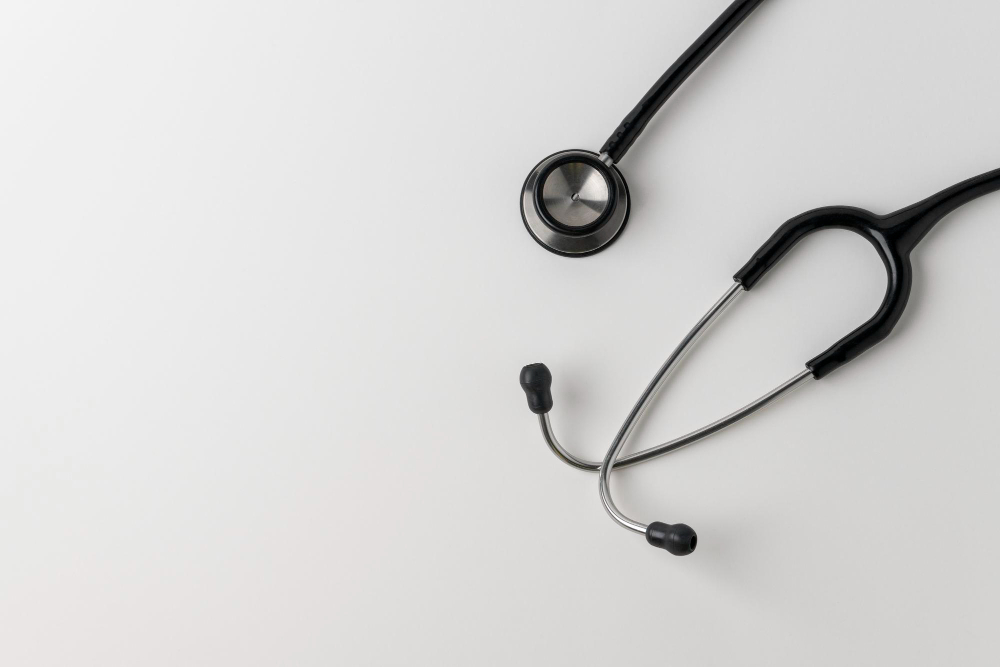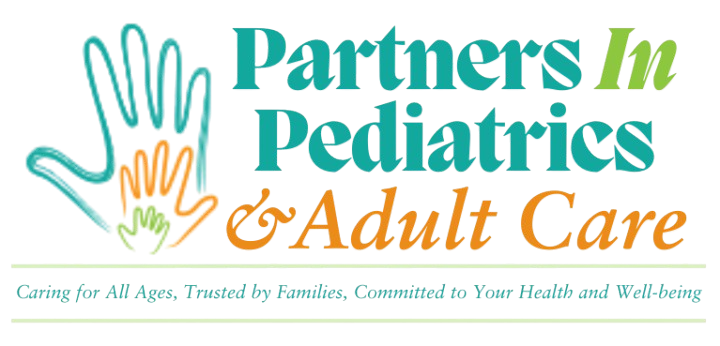
What Is High Blood Pressure?
High blood pressure, or hypertension, occurs when the force of blood pushing against the artery walls is consistently higher than normal. Blood pressure is measured using two numbers:
- Systolic pressure (the top number): the pressure when the heart beats.
- Diastolic pressure (the bottom number): the pressure when the heart rests between beats.
A diagnosis of high blood pressure is typically made when the systolic reading is 140 mm Hg or higher and/or the diastolic reading is 90 mm Hg or higher.
Request an AppointmentWhat Are the Different Types of High Blood Pressure?
There are two main types of high blood pressure:
- Primary Hypertension: Develops gradually over time and does not have an identifiable cause.
- Secondary Hypertension: Results from an underlying medical condition, such as kidney disease or hormonal disorders.
What Are the Symptoms of High Blood Pressure?
High blood pressure is often called the “silent killer” because it typically develops without noticeable symptoms. However, in some cases, especially when blood pressure reaches dangerously high levels, individuals may experience:
- Headaches
- Dizziness
- Nosebleeds
These symptoms usually occur only after prolonged or severe hypertension.
What Are the Causes of High Blood Pressure?
The exact cause of primary hypertension is unknown. While high blood pressure cannot be cured, it can be effectively managed through lifestyle changes and medications.
Many people with high blood pressure are unaware they have it, which makes regular screening important.
Who Is at Risk for High Blood Pressure?
Several risk factors increase the likelihood of developing high blood pressure, including:
- Family history of hypertension
- African-American ethnicity
- Age over 35
- Being overweight or obese
- High salt intake
- Regular alcohol consumption
- Use of oral contraceptives
- Physical inactivity
- Pregnancy
- Smoking or tobacco use
- Chronic stress
- Existing health conditions (such as diabetes or kidney disease)
- Low potassium or vitamin D levels
What Are the Complications of High Blood Pressure?
If left untreated, high blood pressure can lead to serious and potentially fatal complications, such as:
- Heart failure
- Kidney failure
- Heart attack
- Stroke
- Death
Managing blood pressure is critical to reducing these health risks.
How Is High Blood Pressure Controlled?
Blood pressure can often be managed with a combination of lifestyle changes and medications. Recommended steps include:
- Losing excess weight
- Following a low-sodium, low-fat diet
- Limiting alcohol to no more than two drinks per day
- Staying physically active
- Quitting smoking and avoiding tobacco
- Taking prescribed medications consistently
- Monitoring blood pressure regularly
With proper management, most individuals can maintain healthy blood pressure levels and reduce their risk of serious complications.
